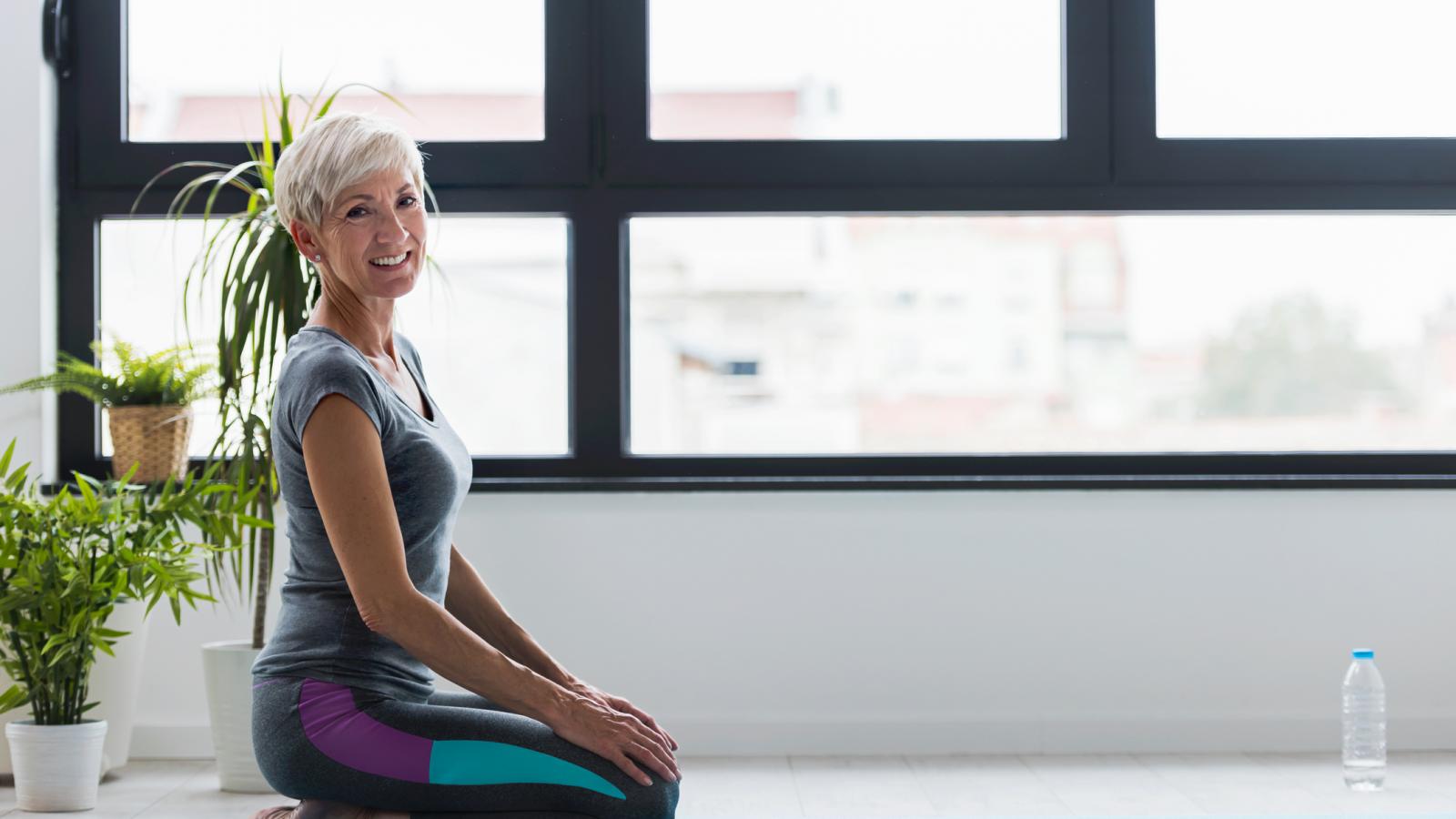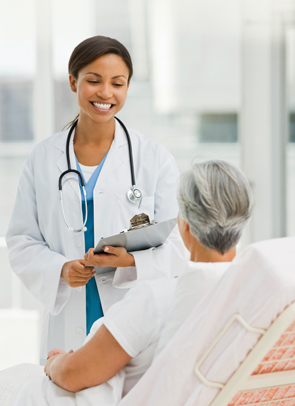Position statement on complementary and alternative therapies

September 2022
The terms “alternative” and “complementary,” medicines are used to describe many kinds of products, practices, and treatments that are not part of standard or traditional medicine.
Sometimes the words Complementary and Alternative are used interchangeably or together and this can lead to confusion among cancer patients and the general public.
Complementary therapy
The term complementary therapy covers a wide range of practices that some people find can help them feel better emotionally and manage side-effects of cancer.
Complementary therapies are not meant to cure or treat cancer. They are used together with conventional, evidence-based treatment, often to help someone feel better about an aspect of their illness or treatment . You may find engaging in complementary therapies gives you a sense of actively helping yourself during your cancer treatment.
For example, complementary therapies such as acupuncture, massage, and aromatherapy can in some cases, help people cope with the symptoms of disease and its treatment, aid relaxation, and reduce tension and anxiety.
Use and timing of complementary therapies can have interactions with cancer treatment that might be unexpected, but doctors are very familiar with the considerations that are needed. For example, some kinds of radiation treatment can cause skin sensitivity and massage sessions might need to be delayed as a result.
We encourage patients to learn about the risks and benefits of complementary therapies and discuss potential treatments with their oncology team in advance. By working with your oncology team, you can safely engage in complementary therapies alongside your conventional treatments.
Complementary therapy practitioners belong to professional bodies. It is advisable to ensure that the practitioner is accredited or regulated by an association, professional body or member organisation and adheres to quality standards which will include knowledge of possible interactions with medical cancer treatments, like medicines, radiation, or surgery.
Alternative therapy/medicine
Alternative therapies, medicines or treatments claim to prevent, effect, treat or cure cancer. They are used instead of or sometimes with conventional medicine. Most alternative therapies have not been tested clinically or have been tested and shown no reasonable improvement when used in groups of people with cancer. Even though they may be promoted with claims of research findings or personal stories, there is no robust evidence from studies that they benefit cancer patients.
In the worst cases, alternative therapies can be dangerous and if a person takes an alternative therapy instead of standard treatment, their cancer may keep growing.
Unfortunately, in some cases alternative therapies are offered to extremely vulnerable patients as a last hope and at great financial cost. Sometimes, these treatments are promoted as being special or unique as they are available in other countries.
Some types of alternative therapy, particularly anti-cancer diets, vitamins and herbal supplements, may not be safe and could be irreversibly harmful for a patient’s health.
We do not advocate the use of alternative therapies. It can be difficult to distinguish the differences between what might make someone feel better, what will give them best chance of getting rid of their cancer, what is safe and what risks are involved in receiving these treatments.
Given the risks, if you are planning to start an alternative medicine or treatment, it is vital that you discuss this with your oncology team.
We welcome more scientific research into these areas. This will help patients to make informed decisions about their care and support health professionals to give the best advice to their patients about therapies that are helpful and safe.
If you’re thinking about using any non-traditional therapy, it is vital that you first discuss it with your oncology team.
For free, non-judgemental advice, you can also call the Irish Cancer Society’s Support Line on Freephone 1800 200 700 or drop into a Daffodil Centre in one of 13 hospitals nationwide to speak to one of our specialist cancer nurses. A free copy of our booklet ‘Understanding Cancer and complementary therapies’ is also available on request.

For more information
Phone
1800 200 700



